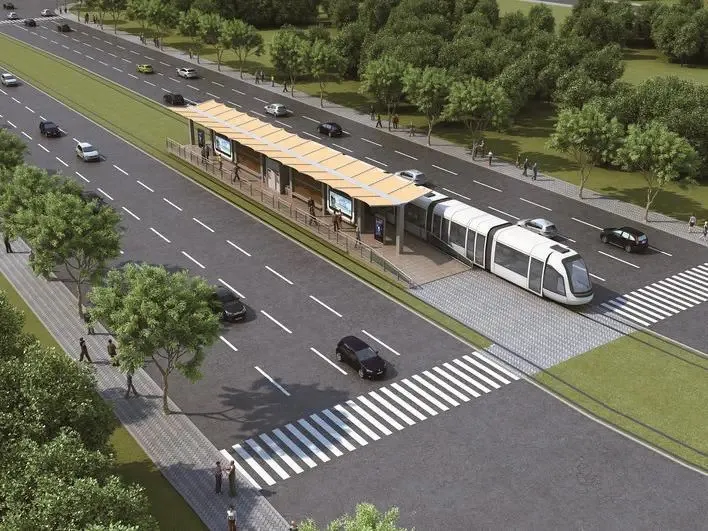International service company Serco Group is to continue to operate and maintain the Dubai Metro. The company has signed a five-year extension to its contract with the Dubai Government Roads and Transport Authority (RTA) in a deal valued at approximately US$571, with an opportunity to extend for a further two years to 2021.
Serco first provided pre-launch consultancy and planning to the RTA from 2007 and began operating and maintaining the initial 10 stations on the Red Line from its official opening an
October 29, 2013
Read time: 2 mins
International service company 1676 Serco Group is to continue to operate and maintain the Dubai Metro. The company has signed a five-year extension to its contract with the Dubai Government Roads and Transport Authority (RTA) in a deal valued at approximately US$571, with an opportunity to extend for a further two years to 2021.
Serco First provided pre-launch consultancy and planning to the RTA from 2007 and began operating and maintaining the initial 10 stations on the Red Line from its official opening and inauguration in September 2009. Subsequent expansion has seen the Red Line grow to 29 stations, the Green Line open in September 2011 with a further 20 stations, and in 2012 Serco added engineering and maintenance responsibilities.
The Dubai Metro is the world's longest fully automatic driverless train system with a current network length of 75 kilometres. Operating 50 trains at peak times that feature a maximum running speed of 90km an hour, Serco's 2,000 staff have continued to deliver high class safety and operational standards including 99.9 per cent of trains on time while also expanding passengers - 30 million journeys were undertaken in the First 12 months after launch, growing to over 127 million in the most recent twelve-month period.
Serco First provided pre-launch consultancy and planning to the RTA from 2007 and began operating and maintaining the initial 10 stations on the Red Line from its official opening and inauguration in September 2009. Subsequent expansion has seen the Red Line grow to 29 stations, the Green Line open in September 2011 with a further 20 stations, and in 2012 Serco added engineering and maintenance responsibilities.
The Dubai Metro is the world's longest fully automatic driverless train system with a current network length of 75 kilometres. Operating 50 trains at peak times that feature a maximum running speed of 90km an hour, Serco's 2,000 staff have continued to deliver high class safety and operational standards including 99.9 per cent of trains on time while also expanding passengers - 30 million journeys were undertaken in the First 12 months after launch, growing to over 127 million in the most recent twelve-month period.








